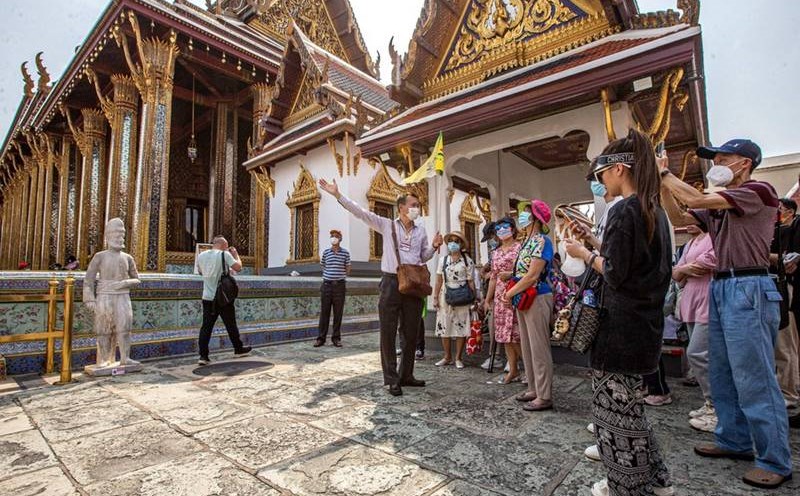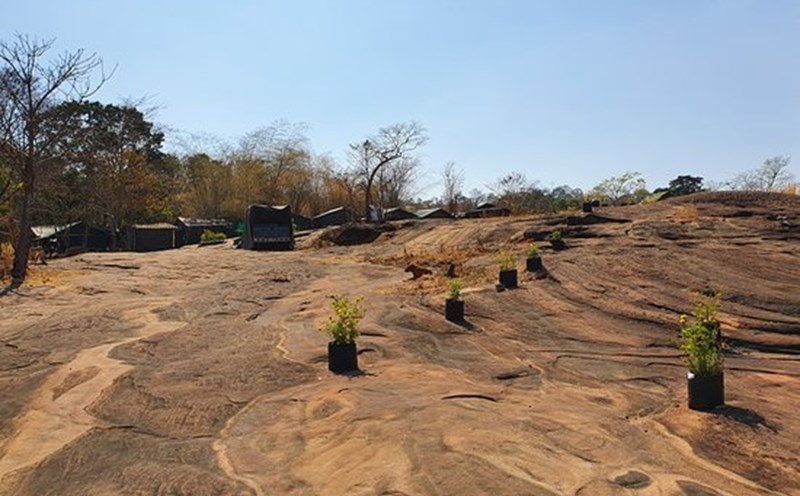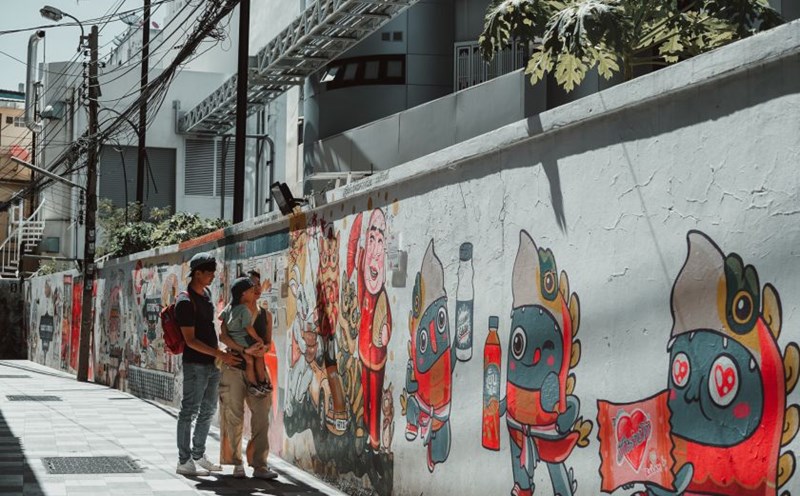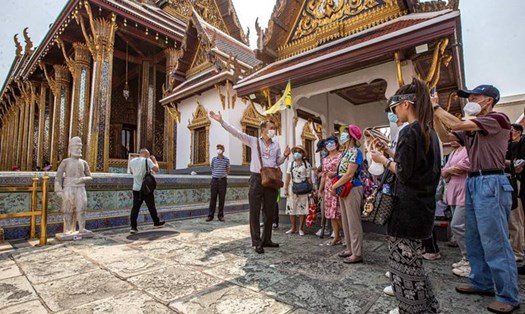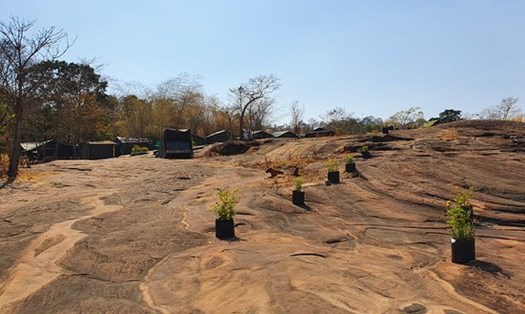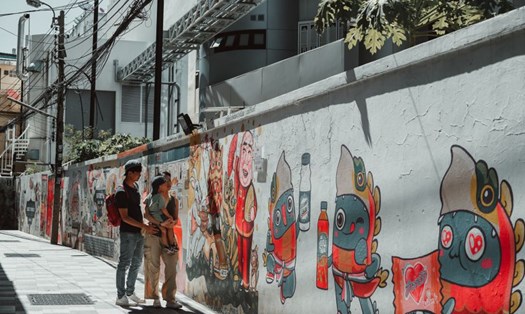The travel fee collection regulation was approved by the Thai government in February 2023 and will take effect in 2025.
However, at the end of July, Thailand announced that it would not collect fees from international tourists until mid-2026.
The main reason for this decision is that the number of tourists to Thailand has decreased significantly in the first half of 2025.
According to Euronews, as of early July, Thailand welcomed about 17 million international visitors, down 5% over the same period in 2024.
This decline raises concerns in the tourism industry - a smoke-free industry that contributes up to 20% of the country's GDP.
Analysts say economic pressure in key markets such as China could affect tourism demand. The strong increase in the baht and the increase in airfares have also made Thailand an expensive tourist destination before.
In addition, the US tax on Thailand could also have a spillover effect on many other economies, leading to reduced spending on international tours.

SCMP quoted Chakrapol Tangsutthitham - Deputy Minister of Tourism of Thailand, saying: "We are waiting to assess international tourism demand in the upcoming peak season, the fourth quarter of this year".
Previously, many people speculated that the effect of the TV series The White Lotus based on Thailand would create more attraction for international tourists. Last year, the country welcomed about 35 million international visitors.
Meanwhile, analysts at the Central Bank of Thailand believe that the number of international visitors will increase by more than 3% by 2026. However, this increase is still lower than the 5% growth rate in countries in the same region.
In addition, the decision to stop collecting tourism fees was made in the context of escalating tensions between the Thai and Cambodian military.
At the end of July, fireworks and missile explosions occurred along the disputed border area between the two countries, near the area around the Hindu Temple, which is a tourist attraction.
The Thai Tourism Administration informed on July 27 that many famous tourist destinations such as the capital Bangkok and the southern beach resorts are located far from the clashed areas and are "still operating normally".
However, tourism officials have also warned tourists to stay away from provinces bordering Cambodia.
On July 28, the Malaysian Prime Minister announced that Cambodia and Thailand had reached a consensus and an unconditional ceasefire effective from 24 hours a day.

